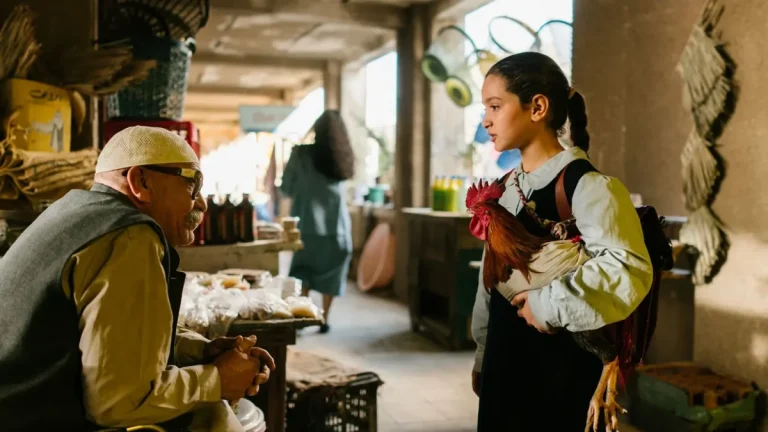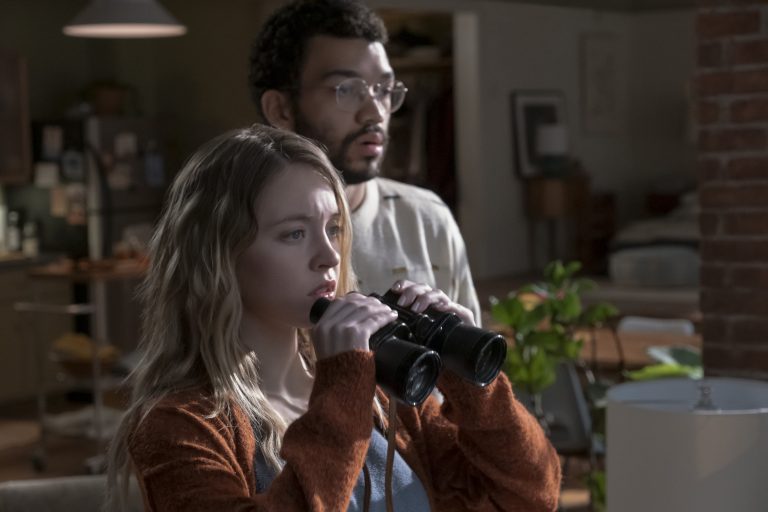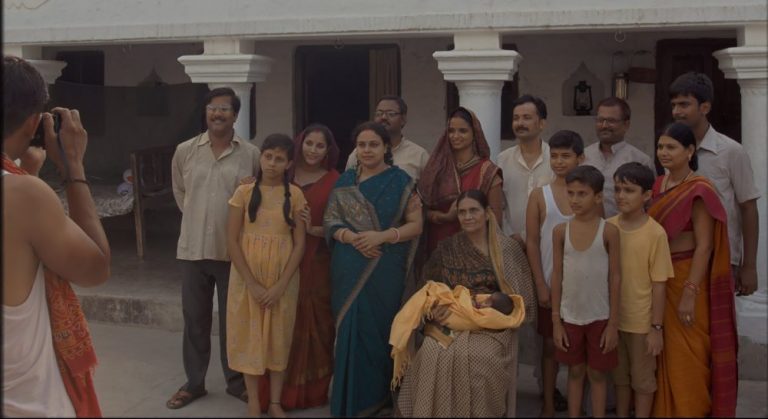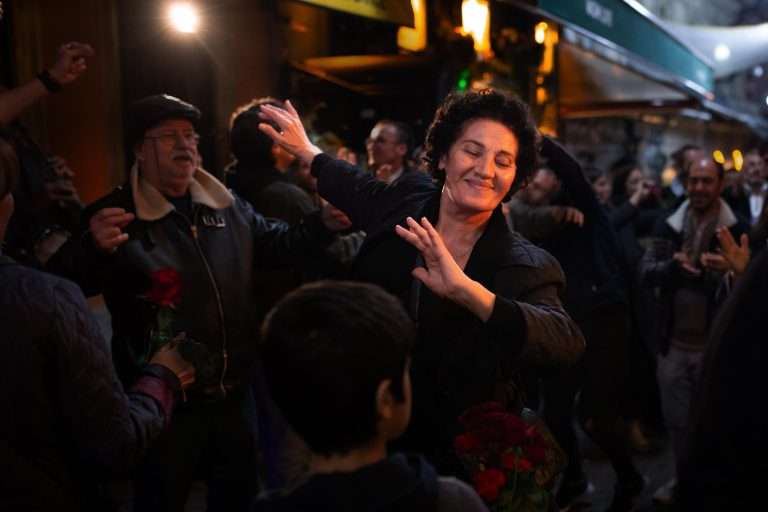Since the elements of the horror genre have invaded our daily life in 2020 in the form of a COVID crisis, horror fiction can come across as meek. That’s largely not the case with Malaysian folk horror Soul (Roh, 2020) by debutant film-maker Emir Ezwan. Shot with a minimal cast and set in the luxuriant Malayan forest, Soul relies more on sense of foreboding and eerie atmosphere than on obligatory jump-scares. The film opens with a Quranic verse and by the time it reaches its spooky conclusion we can discern that it’s a traditional Islamic-themed horror, just like the Catholic-themed terror exercises that pervade Hollywood horror genre.
Soul follows an archetypal conflict between the good and the evil (also reminding us of Korean horror The Wailing). Its message is simple: to not isolate oneself from the divine power while facing the crafty evilness. But what makes it an engaging experience is Emir’s well-crafted aesthetics and a refined pared-down style. Soul revolves around a family of three – a mother (Farah Ahmad, her daughter Along (Mhia Farhana) on the verge of adolescence, and son Angah (Harith Hazig). They live in their hut in the interior of the forest, free from the trappings of modern society.
Related to Soul – Ma [2018]: ‘NYAFF’ Review – A Sumptuously Visualized Horror with a Weak Narrative
The family subsists on charcoal, selling it to the village across the river. They also do some fishing and hunting. One morning, when the two kids walk in the forest they inspect an animal trap. The deer caught in the trap spells out ‘bad omen’, further hinting that an intruder has invaded their lands. Later, a blood and a mud-soaked little girl (Putri Qaseh) follows Along and Angah back to their hut.
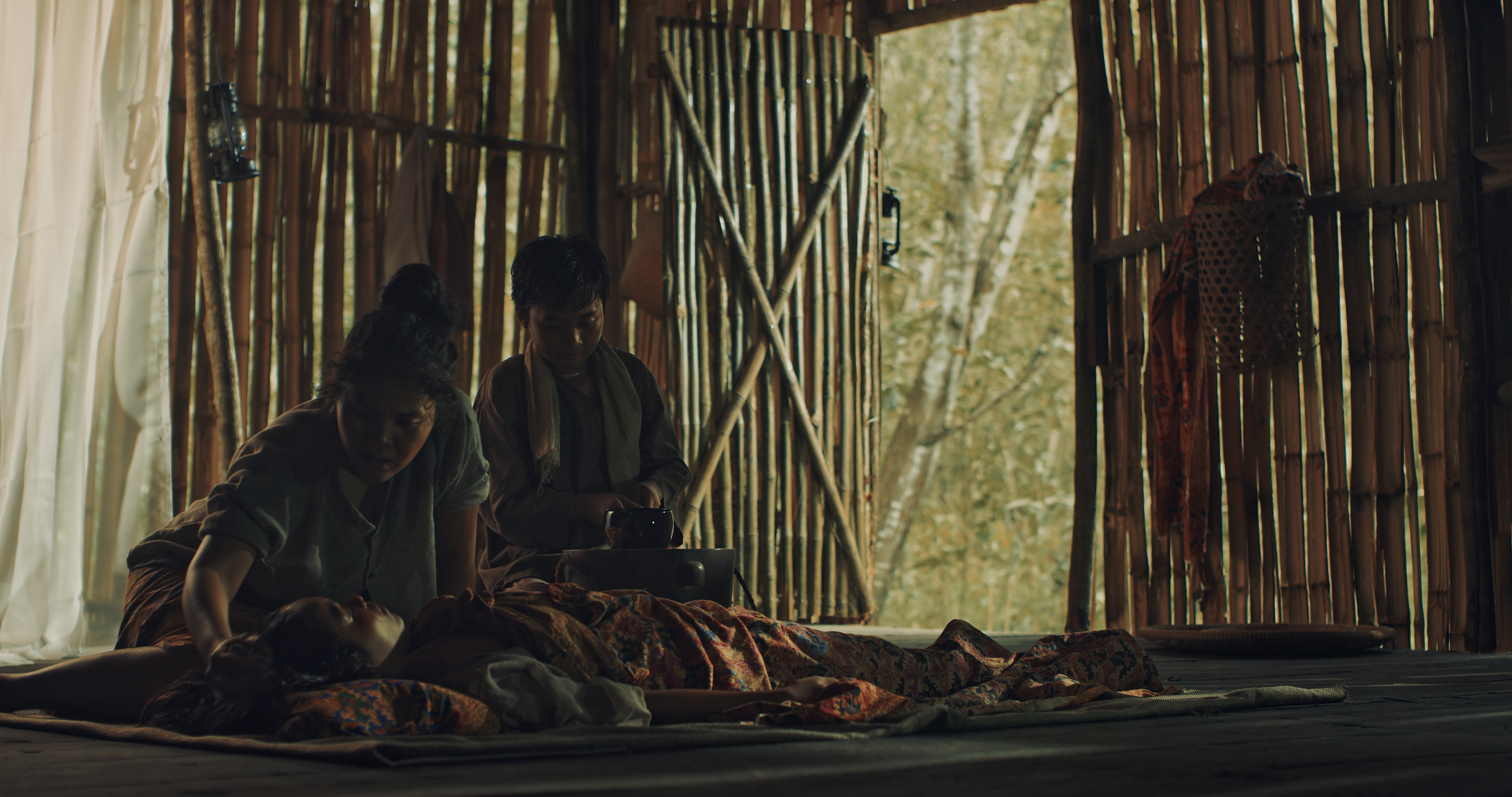
Despite the fragile body frame, something sinister and terrible lurks within the ‘little girl’. The family also confronts two more outsiders: the seemingly gentle yet mysterious shaman, Tok (June Lojong), and a spear-wielding hunter (Namron). Emir mostly keeps the intentions of the intruders ambiguous while intensifying the dread and tension enveloping the vulnerable family-unit.
Similar to many other modern indie horrors, Soul prioritizes the metaphorical significance of the narrative than the characters’ emotional dynamics. This left me a bit unsatisfying, particularly because there’s lot of emotions to explore from the perspective of a single mother desperately trying to save her children. Writer/director Emir Ezwan rather focuses on the larger themes of the spiritual battle that lies beyond the grasp of the family. Even here the themes don’t come together quite satisfactorily.
Also Read – Satan’s Slaves [2018]: Fantasia Film Festival Review
Made on a limited budget, Emir’s lean and skillfully constructed aesthetics keeps us hooked. Moreover, it’s good that there are no hackneyed subplots and twists. Staying true to the symbolic importance of the opening Quranic verse, Emir’s imagery often frames clay and fire – symbols of human civilization and existence. On a deeper level, in spite of the narrative obscurity, Emir evokes a sense of existential dread with which we can easily connect in these crisis-ridden times. Soul speaks of the darkness threatening to envelop us if we don’t ‘prostrate’ before divinity. We may not necessarily agree that submission to God is the saving grace of the suffering. But familiar religious statements aside, Soul (83 minutes) is a decent folklore horror cinema that sustains an atmosphere of trepidation till the end.



